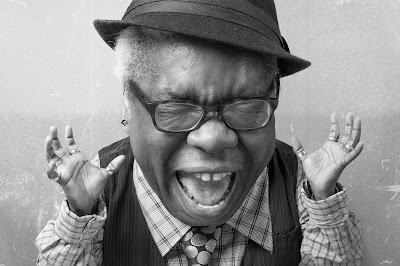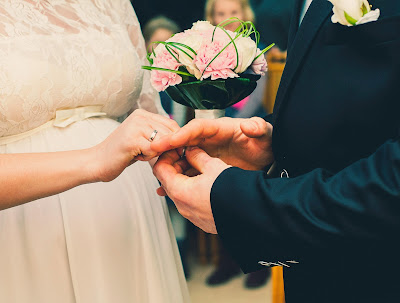Ending sentences with ね - The ね effect
 |
| I look good, don't I? |
Perhaps you may have had many opportunities to converse in Japanese. You may also have noticed that conversational Japanese is quite differenct from grammar book Japanese. This is pretty much the case for most languages, but it's quite easily noticed in Japanese.
One thing you may always notice when speaking in Japanese is the ね at the end of a sentence.
This may not always be used, but used quite frequently and more often than one thinks( I mean for native Japanese speakers).
ね is quite powerful and can have a lot more impact than one thinks.
It's flexible since it can be used in question formatting as well as replying formats; it carries the essence of casual agreement and persuation. It can also be used to ' just follow the rest ' in terms of keeping the atmosphere of the conversation in a stable and controlled state. In other words it's an escape to confrontation which could create problems and unwanted preconceived thoughts.
There is a lot of culture involved as well.
Now, it's always more difficult to explain than show, so I'll show you some examples:









